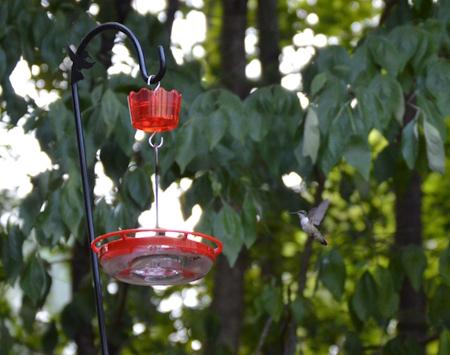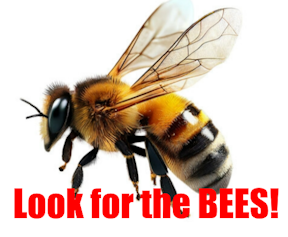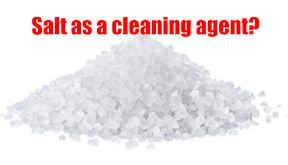Hummingbird Nectar: Avoid Spoilage with These Proven, Easy Tips
Hummingbird Nectar and the Impact of Heat: Understanding the Spoilage Process
Hummingbird nectar, a sweet solution often used to attract these vibrant birds to feeders, is susceptible to spoilage, especially in the heat. This phenomenon, while frustrating for bird enthusiasts, can have detrimental effects on the health of hummingbirds. By exploring the causes of spoilage, how it can be stopped, and offering tips to combat the issue, we aim to provide a comprehensive guide to maintaining the quality of your hummingbird nectar.
The Science Behind Spoilage in the Heat
When exposed to warm temperatures, hummingbird nectar undergoes a series of chemical and biological transformations that lead to spoilage. The primary culprit in this process is the rapid growth of microorganisms, including bacteria and fungi, which thrive in warm, sugary environments. As these microorganisms consume the sugar in the nectar, they produce acids, decreasing the nectar’s pH and resulting in a sour, off-smelling solution that can harm hummingbirds.
In addition to microorganism growth, the heat can cause the sugar in the nectar to break down through a process known as hydrolysis. This not only alters the taste and consistency of the nectar but also can make it less appealing or even dangerous for the birds.
How Can the Spoilage Be Stopped?
Combating nectar spoilage involves creating an environment that is less conducive to microbial growth and the breakdown of sugars. This can be achieved through several strategies:
-
Regular Cleaning: Keeping feeders clean is paramount in preventing spoilage. Regularly washing the feeder with hot, soapy water and allowing it to dry completely before refilling can significantly reduce the risk of microbial growth.
-
Frequent Nectar Changes: Replace the nectar in feeders every two to three days, or daily during extremely hot weather, to prevent spoilage. This ensures that hummingbirds always have access to fresh, safe nectar.
-
Shaded Placement: Positioning feeders in shaded areas, away from direct sunlight, helps minimize temperature increases that can accelerate spoilage. This simple step can extend the freshness of the nectar.
-
Using the Right Solution: Preparing nectar with a ratio of 1 part white sugar to 4 parts water closely mimics the natural sugar concentration found in most flowers and is less likely to quickly spoil than more concentrated solutions.
Best Tips to Combat Nectar from Spoiling
Implementing the above strategies is key to preventing nectar spoilage, but there are additional tips that can further help:
- Use Ant Moats: Ants can introduce contaminants into nectar. An ant moat, a device filled with water and placed above the feeder, can prevent ants from reaching the nectar.
- Refrigerate Prepared Nectar: If you make nectar in batches, refrigerate what you’re not immediately using. This can slow microbial growth and keep the nectar fresh for longer.
- Choose High-Quality Feeders: Feeders designed for easy cleaning and filling, with fewer crevices for bacteria to hide, can also help maintain nectar quality.
What to Look For: Signs of Spoilage
Being able to identify when nectar has spoiled is crucial for the health of hummingbirds. Look for these signs:
- Change in Color: Spoiled nectar may turn cloudy or develop a yellowish or brownish tint.
- Odor: A sour or fermented smell is a clear indicator of spoilage.
- Particles: Visible floating particles or sediment may indicate bacterial growth or fermentation.
Conclusion
Understanding why hummingbird nectar spoils in the heat and taking steps to prevent this occurrence is vital for anyone looking to attract these beautiful birds to their garden. By maintaining clean feeders, changing nectar frequently, and implementing measures to keep the nectar cool, bird enthusiasts can ensure that their feathered friends are provided with a safe and nutritious food source. Remember, the health and safety of hummingbirds are in our hands, and with a little effort, we can make a significant difference.






